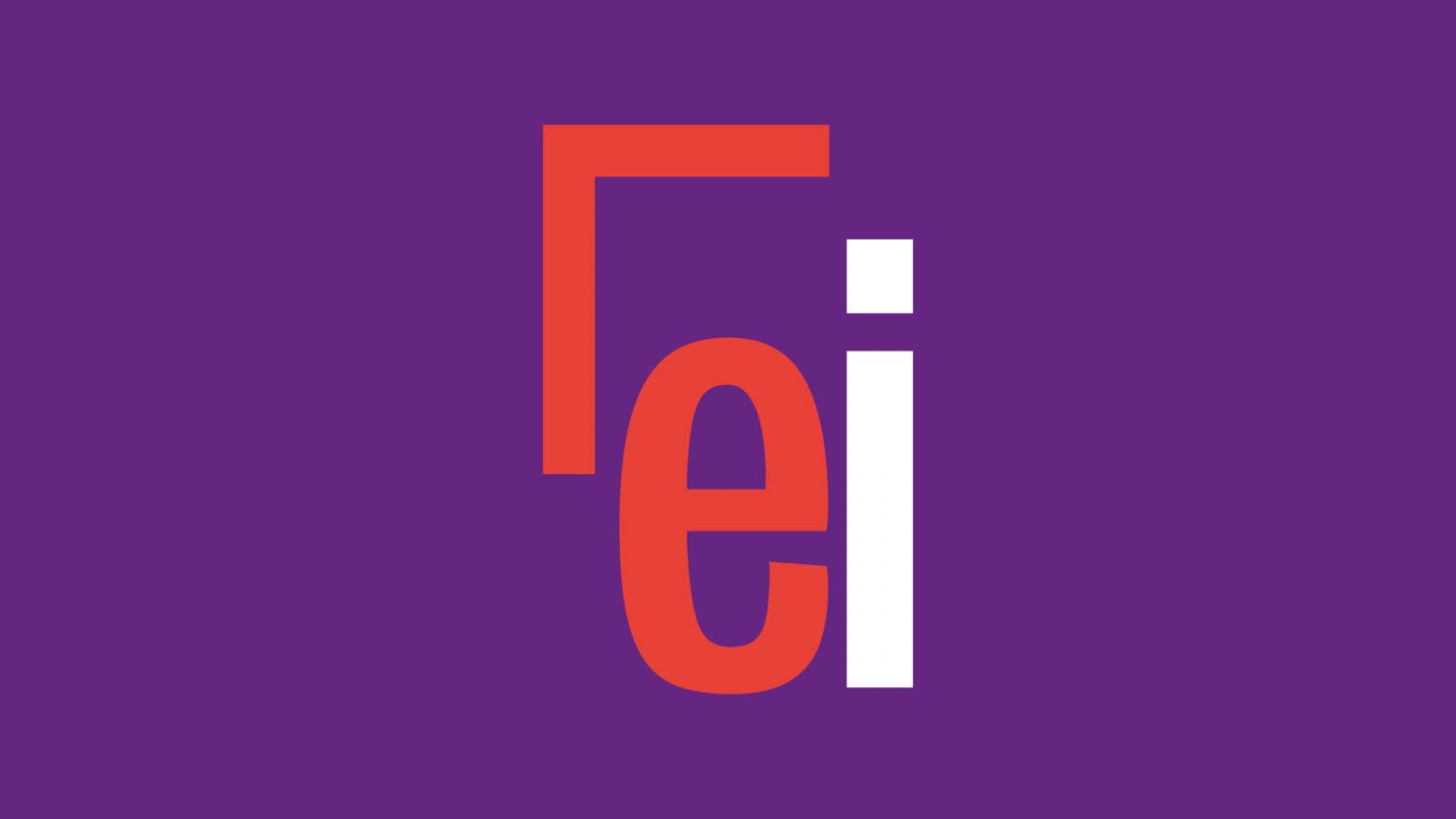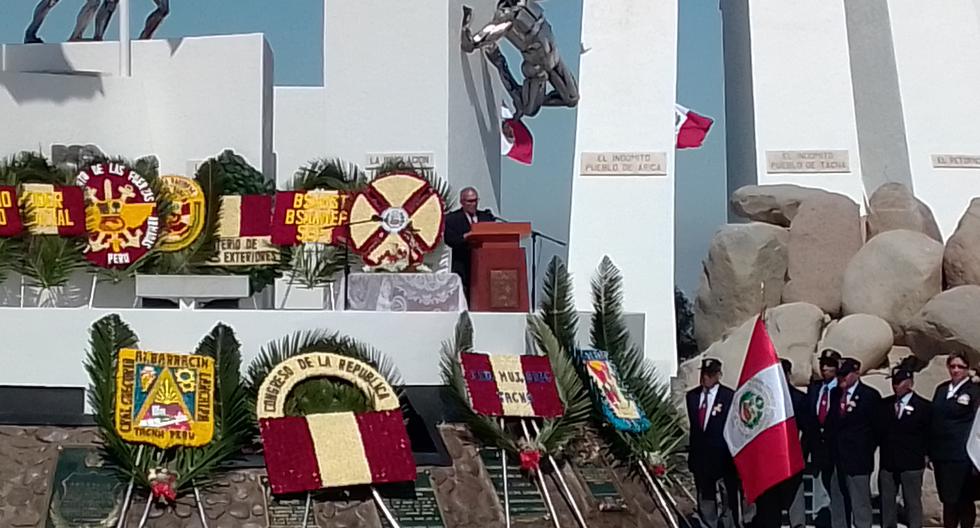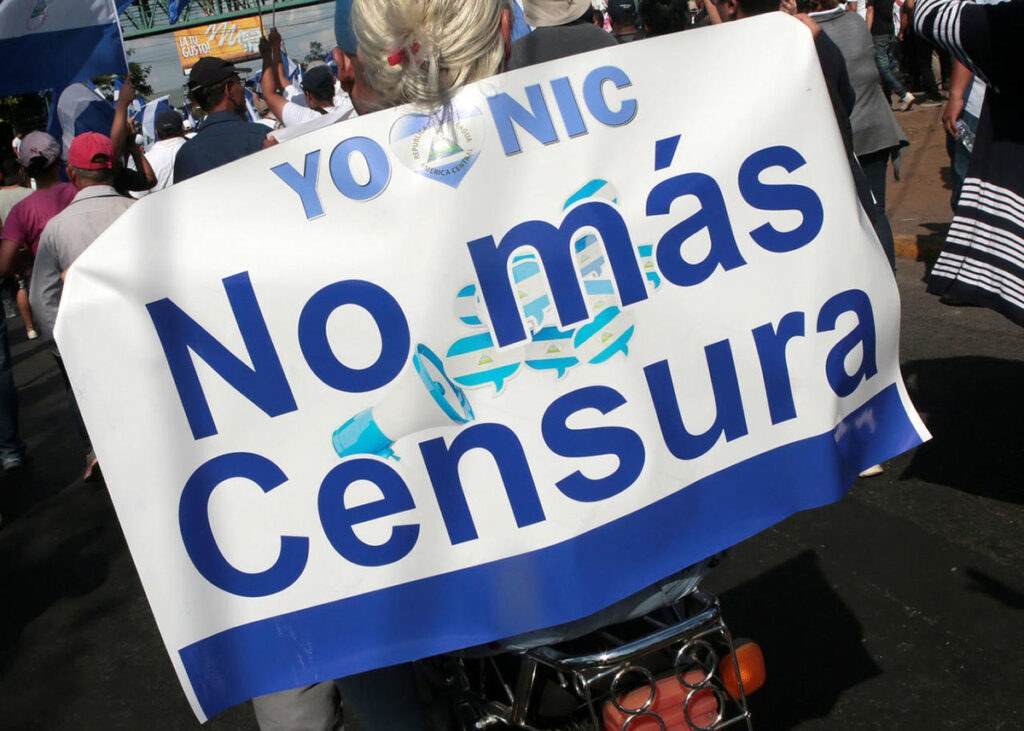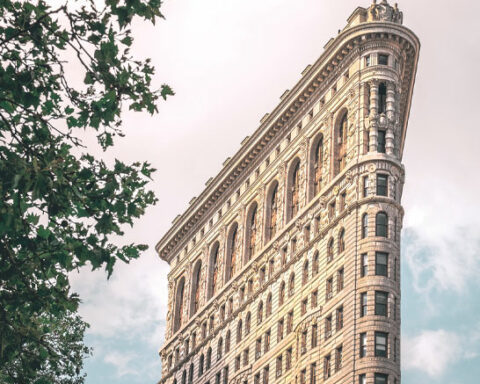The Air Force cannot shoot down planes that refuse to identify themselves.
Paraguayan airspace continues to be a safe route for drug traffickers. And for various reasons. One of them is the insufficiency of the material available to the Air Force, which is limited to half a dozen Brazilian-made EMB-312 Tucano aircraft that flew for the first time in the 1980s, the only ones equipped with weapons suitable for interception. and knockdown. It also has nine T-35 Pillán produced in Chile and intended for pilot training The rest of the air fleet is made up of planes for civil use, in addition to the veteran UH-1 Huey helicopters released by the US during the Vietnam War , more than 60 years ago, excellent for logistics and rescue work but of little use for intercepting unidentified flights.
The second reason why sovereign airspace remains unprotected is that pilots are tied hand and foot by legislation that prevents them from using lethal force if necessary. Law 5,400 of 2015 establishes the procedures for the detection, identification and interception of suspicious flights but does not allow their shooting down but rather a washed procedure called interdiction, which consists of intervening in the flight path of the unidentified aircraft, forcing it to land by means of conventional signals. The most the pilot is authorized by law to do is fire warning shots using tracer ammunition.
There is a project under study that modifies the law and that would allow the pilot, prior authorization from the weapon command, to shoot down the aircraft in question. The aggregate did not run in Deputies and the project is today under study by the Senate.
Awkward question: What pilot involved in drug trafficking, smuggling or any other illicit activity would heed an order to land if he knew that the interceptor fighter was not authorized to shoot him down? He would travel comfortably, which is what is done today.
Our neighbors have authorized the shooting down of planes in extreme cases. Argentina did it in 2016, Brazil in 2004 and Bolivia in 2014. Peru has also done it in 2015, Honduras in 2012 and Colombia in 2010. Paraguay is the black spot on the map of the fight against drug trafficking. Could it be that everyone is wrong and we are the only possessors of the truth?






